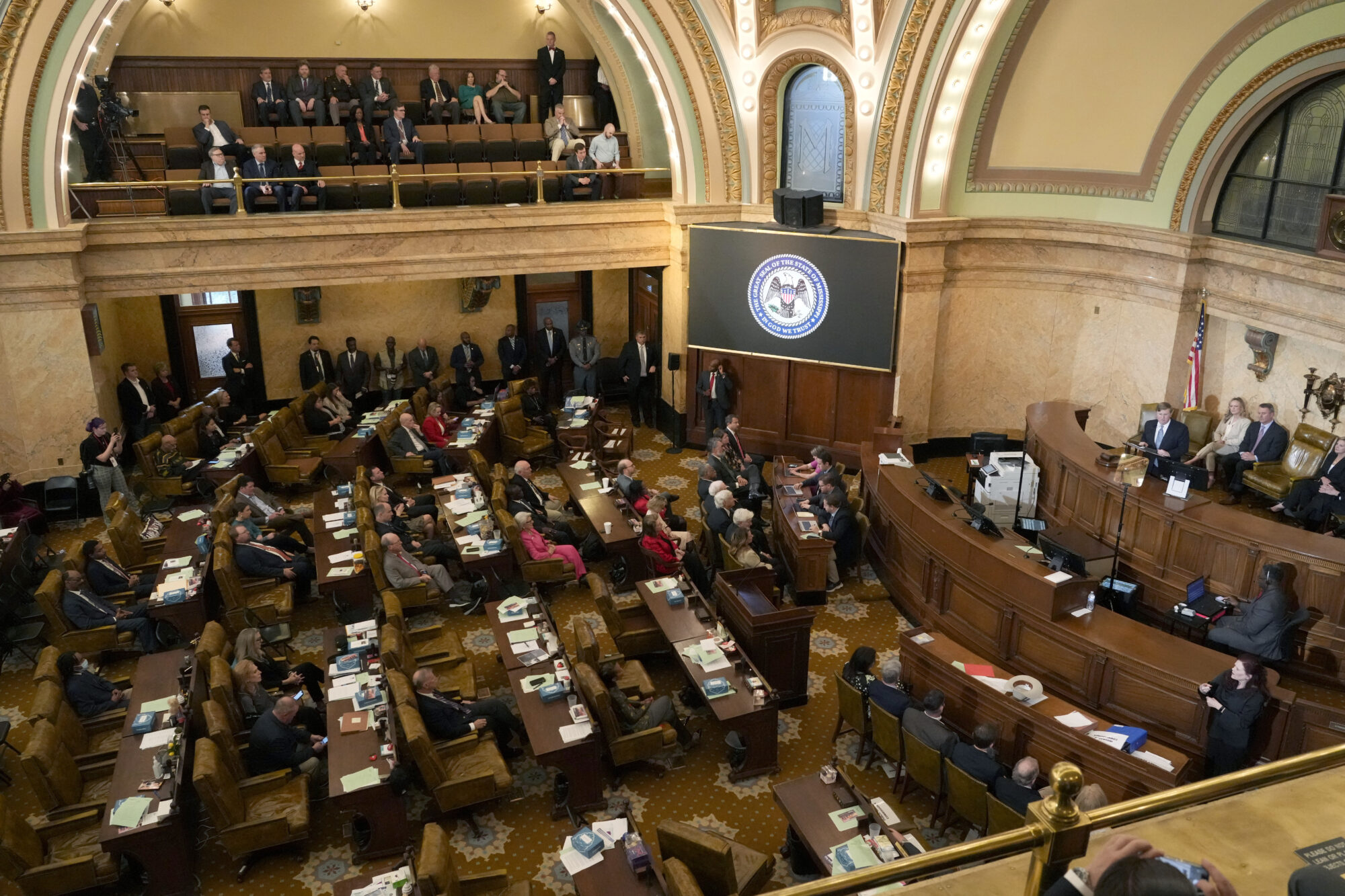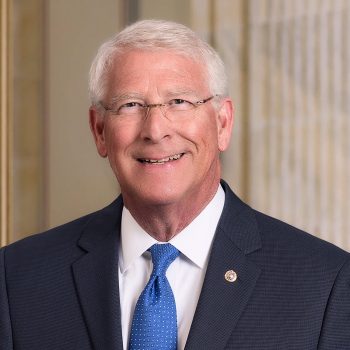
MCPP’s Carswell says like in D.C., their research shows that there’s a ‘swamp’ in Mississippi that needs dealing with, too.
On Thursday, the Mississippi Center for Public Policy released a new report titled “Drain the Swamp? The Administrative State in Mississippi.”
The crux of the publication makes the case for why and how Mississippi’s bureaucrats are out of control as it looks at 222 state government bureaucracies. MCPP notes that only 5% of the state agencies and boards reviewed are led by a directly elected official and the state Senate only confirms a small minority of appointees to other key positions.
The report puts forward that the state has a major democratic deficit, saying that the administrative state in Mississippi has the ability to spend money and decide public policy without reference to the public. Some 81% of bureaucratic spending comes from agencies run by appointed leaders with very little regulatory accountability.
The MCPP report acknowledges that certain departments or boards are essential to the success of Mississippi, but that there are dozens of agencies the state could possibly do without, such as an Interior Design Advisory Committee.
“When people talk about ‘draining the swamp,’ they usually mean Washington D.C.,” explained MCCP CEO & President Douglas Carswell in the release of their findings. “Our research shows that there is a ‘swamp’ here in Mississippi that needs dealing with, too.”
In order to assess the entire administrative state of Mississippi, MCPP analyzed four elements of 222 state boards, agencies and commissions:
- accountability
- spending power and size
- regulatory power
- function
The findings reveal that while much of the state bureaucracy is unaccountable, it is well-resourced and has expanded in terms of its regulatory remit.
“We reviewed 222 state-based bureaucratic organizations here in Mississippi, and we discovered that there is a serious accountability deficit,” Carswell said. “Big, powerful bureaucratic organizations are able to impose rules and spend public money without meaningful accountability to the public.”
MCPP offers suggested steps lawmakers and elected officials could take to hold bureaucrats accountable and better manage the regulations and functionality of state boards, some of which include:
-
Reigning in the broad discretion given to bureaucrats by laying out parameters for regulations and requiring routine audits.
-
Establishing more grassroots accountability through elections by expanding the amount of elected, rather than appointed agency representatives.
-
Looking at the possibility of term limits for high-level officials to help remove the problems that can come from a system of career-centered bureaucrats.
-
Consolidating or eliminating certain entities to save taxpayer dollars.
-
Putting in a sunset provision that requires any new regulation to be automatically repealed after a certain period of time if not extended, in order to eliminate the overbearing regulatory authority.
-
Requiring all unelected regulators to submit annual public reports to the legislature outlining enforcement actions, subjecting these entities to higher scrutiny.
The Mississippi Center for Public Policy says they believe “draining the swamp” would have a positive impact on the state by eliminating unnecessary agencies that negatively hold back citizens, while also ensuring those in power do not have an overabundance of money and control.
You can read the full report here.











